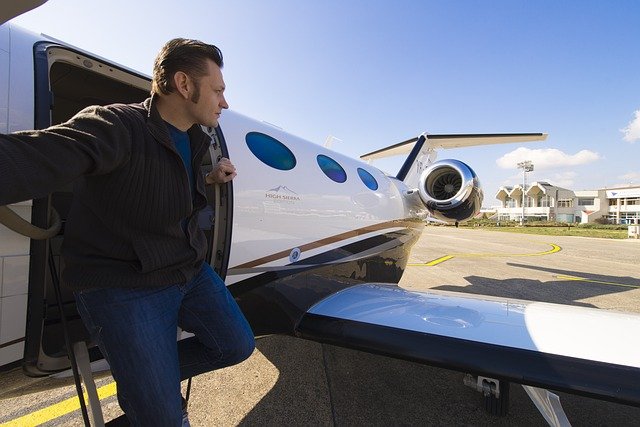How to Start a Luxury Private Jet Flight Attendant Career
The role of a flight attendant in luxury aviation blends impeccable service with strict safety standards. Whether you’re drawn to large commercial airlines or the private jet sector, understanding what employers expect and how to prepare is essential. This article outlines the aviation landscape, the differences between private jet and commercial roles, the steps to become a flight attendant, what luxury service entails, and practical career planning tips to help you evaluate opportunities responsibly.

What is aviation life like for crew members?
Aviation professionals balance safety, customer service, and unpredictable schedules. Crew life often includes irregular hours, time away from home, and the need to adapt to different aircraft environments. In commercial operations you’ll encounter higher passenger volumes and standardized service routines; in private and business aviation, teams are smaller and service is more bespoke. Crew must complete recurrent safety training and remain current with regulations. Emotional resilience, strong communication, and cultural sensitivity are as important as technical knowledge. Networking with peers and joining professional forums can provide realistic insights into daily life in aviation without relying on job adverts.
How does private jet work differ from airlines?
Private jet service typically delivers one-to-one or small-group attention and flexible itineraries. Unlike scheduled airlines, private jet clients expect customized menus, curated comfort items, and discretion. Crew may perform a broader range of duties—flight planning assistance, provisioning, and liaising directly with clients or ground staff. Certification requirements vary by operator and region; most private jet employers still require standard industry certifications and recurrent training. If you prefer tailored service and a quieter cabin, private jet roles can be rewarding, but they also demand adaptability and high professional standards in every interaction.
How to become a flight attendant in aviation
Start with formal training and certifications recognized in your region: safety procedures, first aid/CPR, and evacuation drills are foundational. Airlines and private operators often require a high school diploma or equivalent, fluency in English, and customer service experience. Consider specialized programs for business aviation or luxury service to learn fine-dining protocols and high-end hospitality standards. Local services such as training academies and airline hiring fairs can help you get started in your area. This article provides general guidance and is not a job listing; verify current hiring availability directly with training providers and employers before making decisions.
What defines luxury service on a private jet?
Luxury service hinges on attention to detail, anticipation of needs, and discretion. Crew must master fine-dining presentation, high-end beverage service, and personalized guest interactions while maintaining confidentiality. Understanding client preferences—dietary restrictions, in-flight work needs, or rest routines—elevates the experience. Luxury service also involves seamless coordination with ground handlers, caterers, and concierge teams. Training programs that focus on etiquette, wine and cuisine knowledge, and upscale presentation can be beneficial. Remember that luxury in aviation is as much about reliability and calm professionalism as it is about opulence.
How to plan a long-term career in aviation
A sustainable aviation career requires continuous training, strong networking, and clear goals. Consider cross-training in safety, customer relations, or inflight management to open advancement pathways, such as lead attendant or cabin services manager. Track certifications and recurrent training schedules carefully, and build relationships with recruiters and staffing agencies that serve both commercial and private jet sectors. Be realistic about lifestyle trade-offs—irregular schedules and frequent travel are common. Use professional memberships and online communities to stay informed about industry trends and hiring practices, and always confirm the credibility of any training academy or employer before committing.
Conclusion
A career as a flight attendant in luxury or private jet aviation offers unique rewards—high-touch service, travel, and professional growth—balanced by stringent safety responsibilities and variable schedules. Preparing with the right certifications, hospitality skills, and awareness of how private and commercial roles differ will help you make informed choices. This article is intended as general information and not as a guarantee of employment; verify specific hiring and training details with reputable local services and employers in your area.




